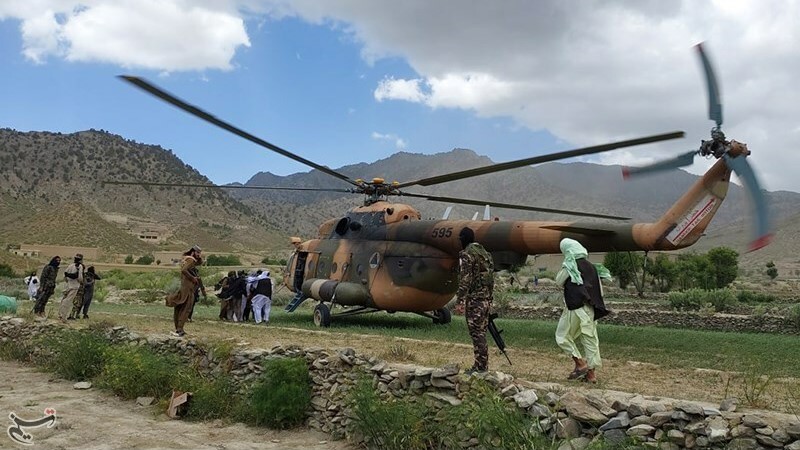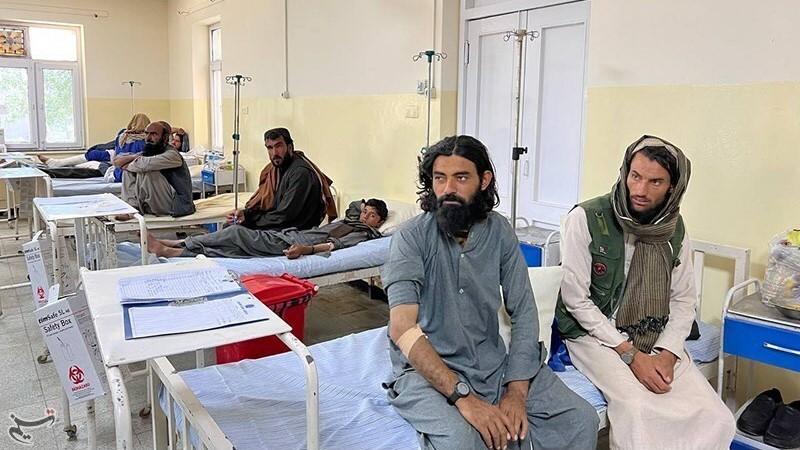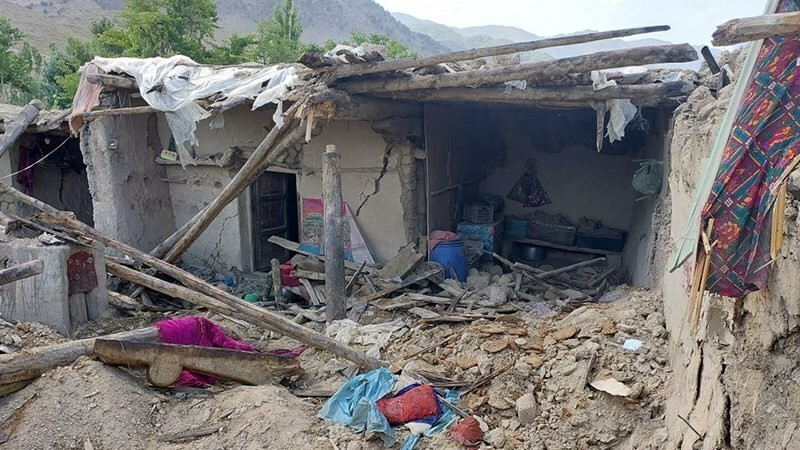Strict Gender Rules Delayed Rescue for Afghan Women After Quake
Others are reading now
Natural disasters often expose deep social problems that exist in a country long before the ground shakes.
In Afghanistan, those problems are tied to strict cultural rules that govern daily life.
When the earthquake struck at the end of August, it not only destroyed villages but also revealed once again how women are treated in times of crisis.
Help Delayed or Denied

On August 31, a 6.0-magnitude earthquake hit eastern Afghanistan, according to Ziare. Whole villages in Kunar province were reduced to rubble.
More than 2,200 people were killed and another 3,600 were injured, according to Afghan officials.
Also read
Rescue teams arrived in some areas more than a day later, but many women said the help they received was either delayed or denied because of Taliban rules.
Men and Children Come First in Afghanistan

In one village, 19-year-old Bibi Aysha recalled how she and other women were pushed aside while men and children were treated first.
She said the rescuers gathered the women in a corner and ignored them. Some were bleeding but no one came to offer medical care or even ask what they needed.
Avoiding Direct Contact

A volunteer named Tahzeebullah Muhazeb described a similar situation in another village.
He said all-male medical teams hesitated to pull women out from collapsed buildings.
Also read
Injured women were left under rubble, waiting for female rescuers from other areas to arrive.
Even the removal of dead women followed strict rules. Male rescuers would only touch them by their clothing to avoid direct contact.
A Double Tragedy

Aid workers and humanitarian groups say this response shows the double burden Afghan women face.
They were trapped under falling walls and also under restrictions that prevent them from being treated equally in emergencies.
Susan Ferguson, UN Women’s representative for Afghanistan, warned that women and girls would once again suffer the most unless their needs were placed at the center of recovery efforts.
Also read
Women Were the Most Affected
The Taliban has not released a breakdown of casualties by gender. But doctors, rescue workers, and survivors told reporters that women were hit especially hard.
The lack of female doctors and medics made matters worse. The Taliban banned women from medical education last year, creating a critical shortage of female health workers.
Four years after the Taliban regained power, Afghan women live under some of the harshest restrictions in the world.
The earthquake showed that even in disaster, those restrictions can mean the difference between life and death.


